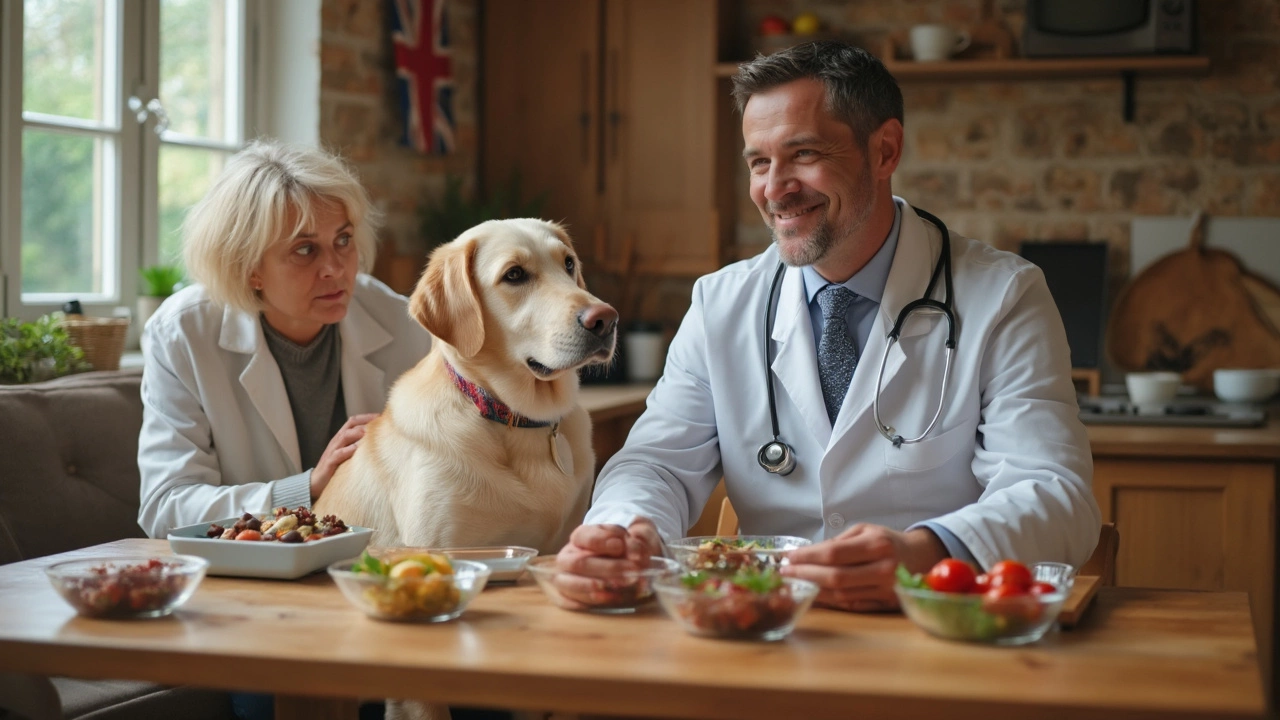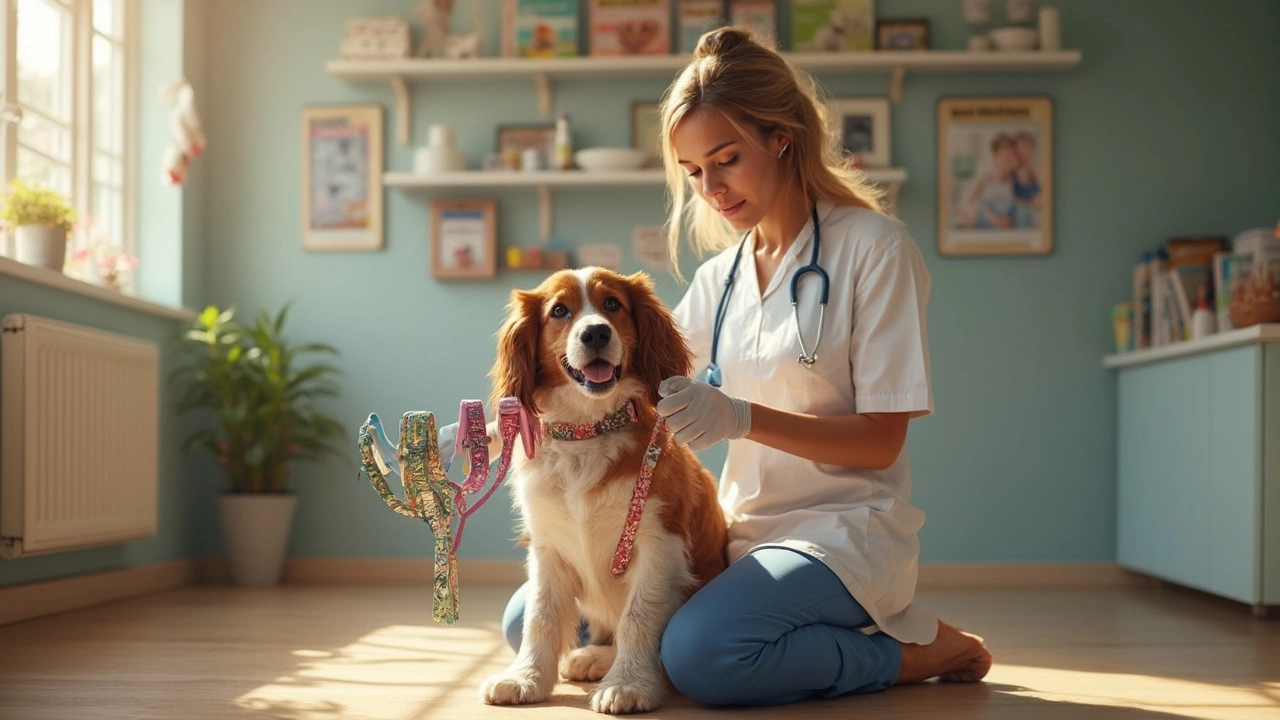Vet Recommendations: What Vets Say About Dog Health
When it comes to keeping your dog fit, happy, and safe, the best advice comes straight from the vet’s office. We’ve gathered the most common vet‑approved tips into one place, so you don’t have to hunt through dozens of articles. Below you’ll find clear, actionable guidance on nutrition, vaccinations, safe treats, and everyday care.
Nutrition Advice From Vets
Vets agree that a balanced diet is the foundation of good health. Most recommend feeding dogs two to three meals a day, especially for active breeds. If you’re curious about feeding once a day, the short answer is: it works for some adult dogs, but you need to watch weight, energy levels, and any stomach upset. Split the daily calories into one large meal only after your vet checks your pup’s body condition.
When you choose treats, go for natural options that are low in added sugars and preservatives. Pineapple, for instance, is safe in small pieces and offers vitamins C and B6, but avoid the core and any sugary glaze. Ground chicken is another vet‑approved protein – just make sure it’s fully cooked and free of seasoning.
For dogs with special needs, such as allergies or joint issues, many vets suggest limited‑ingredient foods like Nutro Natural Choice or a grain‑free line that matches the dog’s sensitivity. Always read the label: quality proteins should be listed first, and fillers should be minimal.
Safety & Care Tips
Vaccinations are non‑negotiable for disease prevention. Your vet will set a schedule that includes core shots – like Parvovirus, Distemper, and Rabies – plus boosters every one to three years depending on the vaccine type. Even indoor dogs need these because many illnesses can come through carriers or visitors.
When it comes to behavior, bark collars are a controversial topic. Most vets recommend humane alternatives first: training, calm‑inducing toys, or calming treats. If barking is stress‑related, identify the trigger and work on desensitisation. A gentle, science‑backed alternative, like a calibrated vibration collar, can be effective when used alongside positive reinforcement.
Collar safety at night is another common question. Vets suggest keeping a lightweight, breakaway collar on for identification, but remove any heavy or choking‑risk collars before bedtime. This reduces the chance of tangled fur or accidental strangulation while your dog sleeps.
Regular check‑ups, proper dental care, and staying active are the three pillars of a vet‑approved lifestyle. Schedule a wellness exam at least once a year, brush your dog’s teeth weekly, and aim for 30 minutes of walks or playtime most days. These habits help catch issues early and keep your dog’s weight in check.
Bottom line: follow the vet’s simple rules – balanced meals, safe treats, up‑to‑date vaccines, humane behavior tools, and regular health checks – and you’ll give your dog the best chance at a long, joyful life.

Do Vets Recommend Farmer's Dog? Honest Insights on Fresh Pet Food
Wondering if vets really stand behind Farmer's Dog food? This article cuts through the hype and shares what practicing veterinarians actually say about fresh, human-grade dog food. You'll get concrete facts about how these meals stack up nutritionally, plus smart tips for talking to your own vet. Expect straightforward answers, up-to-date ideas, and honest perspectives for pet owners who just want the best for their dogs.
View more
Do Vets Recommend E-Collars for Dogs?
Curious if vets really suggest e-collars for dog training? This article walks you through the facts, the real opinions from veterinary professionals, and the situations where they might or might not give the green light. It also covers safety tips and humane alternatives you can try. Whether your pup’s barking is out of control or you’re looking for safer ways to train, you’ll get practical answers here. Your dog’s comfort and well-being are front and center.
View more
Do Vets Recommend Dog Collars? What You Really Need to Know
Wondering if vets actually recommend dog collars? This article gets real about how vets feel about dog collars, when they suggest using them, and why sometimes they steer you toward harnesses instead. You'll learn about safety, comfort, health issues, and some surprising facts you might not expect. Get practical advice on picking the right collar for your dog and tips for keeping your pup comfortable. Find out what matters most to professionals who care for our pets every day.
View more